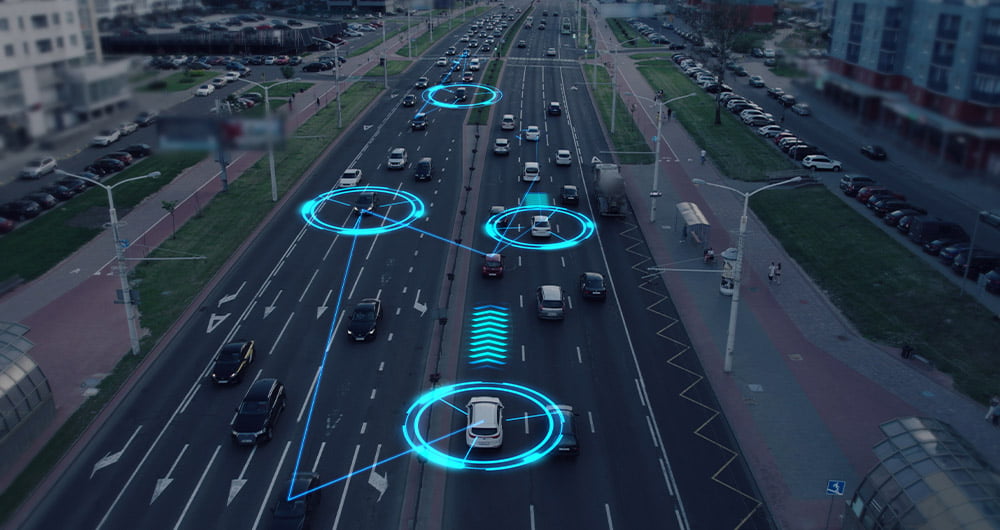35 posts found
How to prepare your data to work with artificial intelligence tools from a legal point of view
The idea of conceiving artificial intelligence (AI) as a service for immediate consumption or utility, under the premise that it is enough to "buy an application and start using it", is gaining more and more ground. However, getting on board with AI isn't like buying conventional software and gettin…
The role of data in driving autonomous vehicles
Just a few days ago, the Directorate General of Traffic published the new Framework Programme for the Testing of Automated Vehicles which, among other measures, contemplates "the mandatory delivery of reports, both periodic and final and in the event of incidents, which will allow the DGT to assess…
Training in artificial intelligence: a strategic necessity and a legal obligation
The Work Trends 2024 Index on the State of Artificial Intelligence in the Workplace and reports from T-Systems and InfoJobs indicate that 78% of workers in Spain use their own AI tools in the workplace. This figure rises to 80% in medium-sized companies. In addition, 1 in 3 workers (32%) use A…
Digital rights: principles, initiatives and challenges in the digital age
We live in an increasingly digitalised world where we work, study, inform ourselves and socialise through technologies. In this world, where technology and connectivity have become fundamental pillars of society, digital rights emerge as an essential component to guarantee freedom, privacy and equal…
The European Union's Guide to the Deployment of the Data Governance Act: public sector intermediary services
The Data Governance Act (DGA) is part of a complex web of EU public policy and regulation, the ultimate goal of which is to create a dataset ecosystem that feeds the digital transformation of the Member States and the objectives of the European Digital Decade:
A digitally empowered population and h…
Data Mesh and Data Fabric: New Perspectives in Enterprise Data Architectures
Over the last decade, the amount of data that organisations generate and need to manage has grown exponentially. With the rise of the cloud, Internet of Things (IoT), edge computing and artificial intelligence (AI), enterprises face the challenge of integrating and governing data from multiple sourc…
The Interoperable Europe Act
One of the main requirements of the digital transformation of the public sector concerns the existence of optimal interoperability conditions for data sharing. This is an essential premise from a number of points of view, in particular as regards multi-entity actions and procedures. In particular, i…
Common European public sector data spaces
The strong commitment to common data spaces at European level is one of the main axes of the European Data Strategy adopted in 2020. This approach was already announced in that document as a basis, on the one hand, to support public policy momentum and, on the other hand, to facilitate the developme…
Safe rooms in Spain: What kind of data can researchers access?
There are a number of data that are very valuable, but which by their nature cannot be opened to the public at large. These are confidential data which are subject to third party rights that prevent them from being made available through open platforms, but which may be essential for research that p…
Governing data to govern artificial intelligence
The publication on Friday 12 July 2024 of the Artificial Intelligence Regulation (AIA) opens a new stage in the European and global regulatory framework. The standard is characterised by an attempt to combine two souls. On the one hand, it is about ensuring that technology does not create syste…









